AMD EPYC 7542 7552 7642 Processor 32 Cores 2.9GHz Base 64MB Cache 155W TDP SP3 Socket CPU
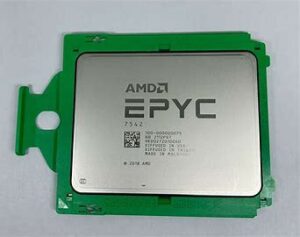

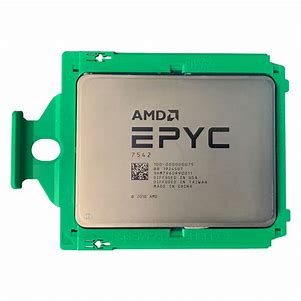
Here’s a detailed comparison table for the AMD EPYC 7542, EPYC 7552, and EPYC 7642 processors:
| Specification | EPYC 7542 | EPYC 7552 | EPYC 7642 |
|---|---|---|---|
| Cores/Threads | 32C/64T | 48C/96T | 48C/96T |
| Base Clock | 2.9 GHz | 2.2 GHz | 2.3 GHz |
| Max Boost Clock | 3.4 GHz | 3.35 GHz | 3.3 GHz |
| L3 Cache | 128 MB | 192 MB | 256 MB |
| TDP | 225W | 200W | 225W |
| PCIe Lanes | 128 (PCIe 4.0) | 128 (PCIe 4.0) | 128 (PCIe 4.0) |
| Memory Support | 8-channel DDR4-3200 | 8-channel DDR4-3200 | 8-channel DDR4-3200 |
| Socket | SP3 | SP3 | SP3 |
| Multi-Processor Support | Yes (2P) | Yes (2P) | Yes (2P) |
| Launch Year | 2019 | 2019 | 2019 |
| Target Market | High frequency compute | High core count | Extreme cache capacity |
1. AMD EPYC 7542
-
Cores/Threads: 32C/64T
-
Clock Speeds: 2.9 GHz (Base) / 3.4 GHz (Boost)
-
Cache: 128MB L3
-
TDP: 225W
-
Socket: SP3 (Dual-Socket Capable)
-
Key Features:
-
High-frequency 32-core processor optimized for clock-sensitive workloads
-
Highest boost clock (3.4GHz) in this comparison group
-
Balanced 128MB L3 cache for general enterprise workloads
-
225W TDP enables sustained high performance
-
-
Best For:
-
High-performance computing (HPC)
-
Real-time analytics
-
Financial modeling and trading systems
-
Single-thread performance sensitive applications
-
2. AMD EPYC 7552
-
Cores/Threads: 48C/96T
-
Clock Speeds: 2.2 GHz (Base) / 3.35 GHz (Boost)
-
Cache: 192MB L3
-
TDP: 200W
-
Socket: SP3 (Dual-Socket Capable)
-
Key Features:
-
Extreme core density with 48 cores/96 threads
-
Surprisingly efficient 200W TDP for core count
-
Large 192MB L3 cache benefits parallel workloads
-
Optimized for throughput-oriented applications
-
-
Best For:
-
Cloud computing infrastructure
-
Virtualized environments
-
Rendering farms
-
Scientific computing
-
3. AMD EPYC 7642
-
Cores/Threads: 48C/96T
-
Clock Speeds: 2.3 GHz (Base) / 3.3 GHz (Boost)
-
Cache: 256MB L3 (Largest in EPYC lineup)
-
TDP: 225W
-
Socket: SP3 (Dual-Socket Capable)
-
Key Features:
-
Unprecedented cache capacity for memory-bound workloads
-
Slightly higher base clock than 7552 (2.3GHz vs 2.2GHz)
-
225W TDP enables better sustained boost performance
-
Ideal for datasets that benefit from massive on-die cache
-
-
Best For:
-
In-memory databases
-
Big data analytics
-
AI/ML workloads
-
High-frequency trading systems
-
Comparison Summary
-
Single-Thread Performance: 7542 > 7642 > 7552
-
Core Density: 7552 = 7642 (48C) > 7542 (32C)
-
Cache Size: 7642 (256MB) > 7552 (192MB) > 7542 (128MB)
-
Power Efficiency: 7552 (200W) > 7642 (225W) > 7542 (225W)
Selection Guide
-
Choose 7542 for: Maximum clock speeds and single-thread performance
-
Choose 7552 for: Best core density with good efficiency
-
Choose 7642 for: Workloads that benefit from massive cache
All three processors feature:
-
128 PCIe 4.0 lanes
-
8-channel DDR4-3200 memory support
-
Dual-socket capability
-
Zen 2 architecture

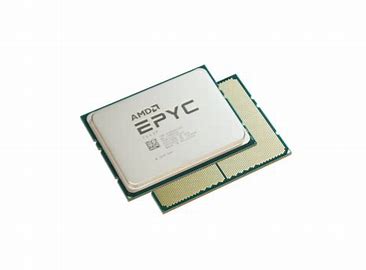
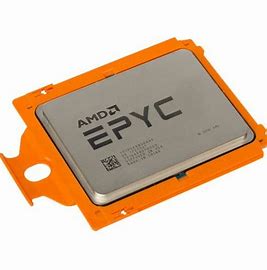
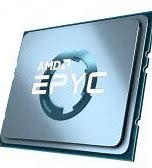

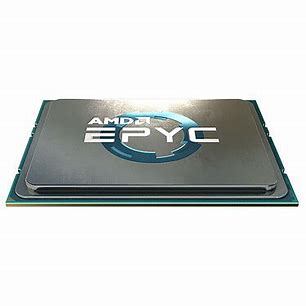



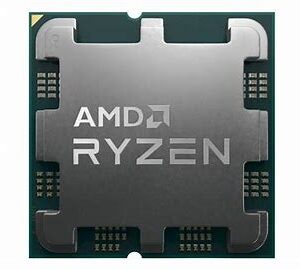
Reviews
There are no reviews yet.